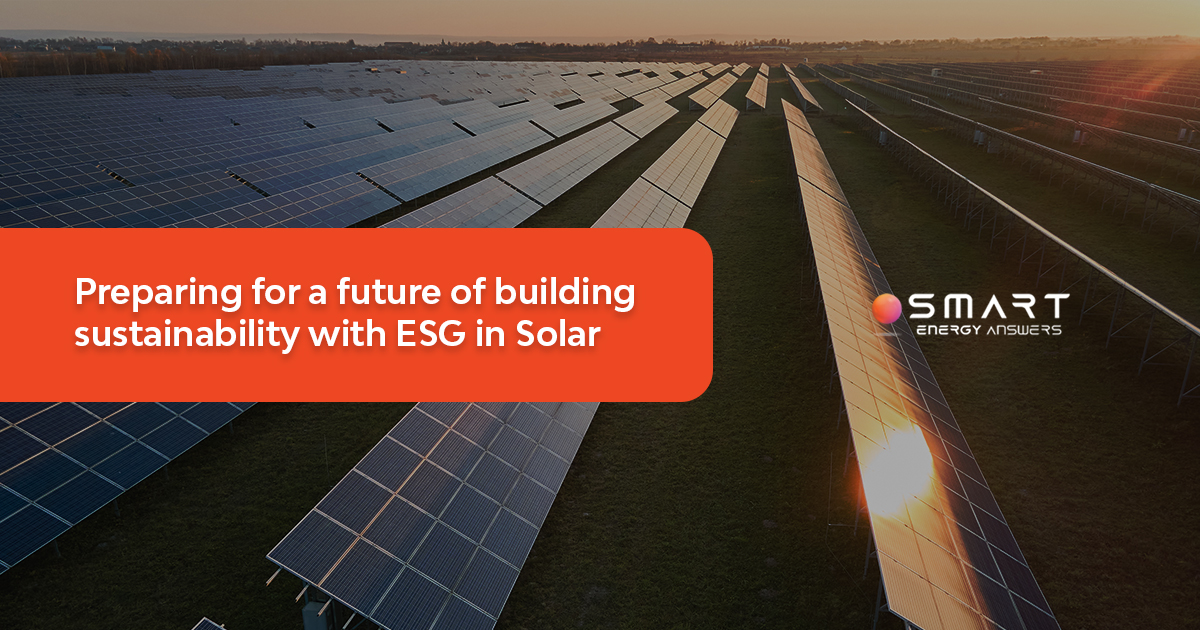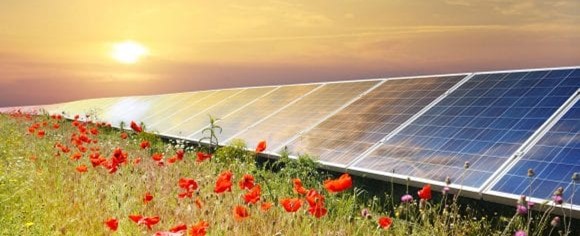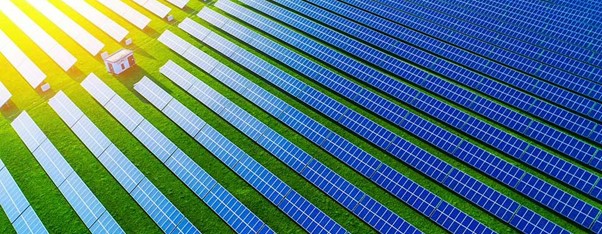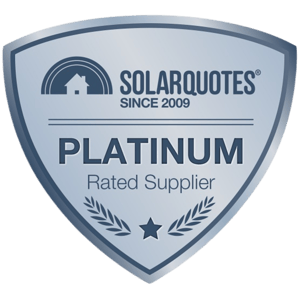Preparing for a future of building sustainability with ESG in Solar

Building a Sustainable Future with ESG in Solar
There is not a day that goes by when the three letters “ESG” are not in the headlines. ESG stands for Environmental, Social, and Governance. ESG has become an important barometer of corporate responsibility and an influence on customer and shareholder trust. A growing number of Fortune 500 companies are issuing ESG reports tracking how well they are doing in these areas, and investors are taking notice. The International Financial Reporting Standards (“IFRS”) is expected to issue ESG standards in the coming months. This will provide guidance for ESG audits for companies worldwide.
Over the past few decades, businesses “going green” and building sustainability have transformed from simple marketing gimmicks into full-fledged market trends. Industries across the globe – from transportation to food production and even clothing – have seen companies with environmental responsibility at their centre grow dramatically in market share. Sustainability isn’t just “in” right now – it’s here to stay, and every industry will need to address their carbon footprint.
As companies commit to reducing their environmental impacts and promise deadlines for going “carbon neutral,” commercial real estate businesses will also need to move towards sustainable operations over the coming years.
What's driving the sustainability market trends
Even outside of regulatory requirements, companies across the globe have spent the past few years making and executing sustainability promises. In March 2021, 30 of the UK’s FTSE100 companies committed to going carbon neutral by 2050, setting the stage for businesses across Europe (and beyond) to follow suit.
Another factor driving the sustainability market trend is a shift in affordability. While technology aimed at reducing carbon emissions was once considered prohibitively expensive, the cost of monitoring energy usage has been going down steadily over the past several years. Conversely, the cost of fossil fuels has only gone up. Green energy technologies like solar and wind are proving to be reliable while the price of oil continually fluctuates.
An investment in renewable energy is a direct investment in the sustainability of our planet, delivering a positive financial return along with significant environmental benefits.

The renewable energy transition is underway. Wind and solar installations are booming due to government programs supporting the industry and they are now able to produce energy more economically than coal and natural gas. Public support for the environmental movement has also soared over the past year.
Making a Difference with Solar

Renewable energy projects offer more than just electricity; they stimulate the economy by creating new jobs in every sector of the industry, all while producing zero greenhouse gas emissions.
Many companies are seeking to include renewable electricity in their ESG efforts to reduce the environmental harms associated with fossil fuels, reduce greenhouse gas emissions concomitantly increase the supply of renewable energy, and foster a just transition to an ESG-driven economy. Procuring renewable energy from offsite sources, often from the local electricity utility, can assist a company in upholding its basic “E” environmental responsibilities to people and the planet.
If you are a business owner or a company employee exploring the sustainability options and would like to investigate solar or renewable solutions, contact Smart Energy Answers.
%20(1).png?width=265&height=96&name=www.smartenergyanswers.com.auhs-fshubfsSmart%20Energy%20Answers%20Logo%20(HIRES)%20(1).png)


.png?width=514&height=121&name=Tesla%20Powerwall%203%20(new).png)







